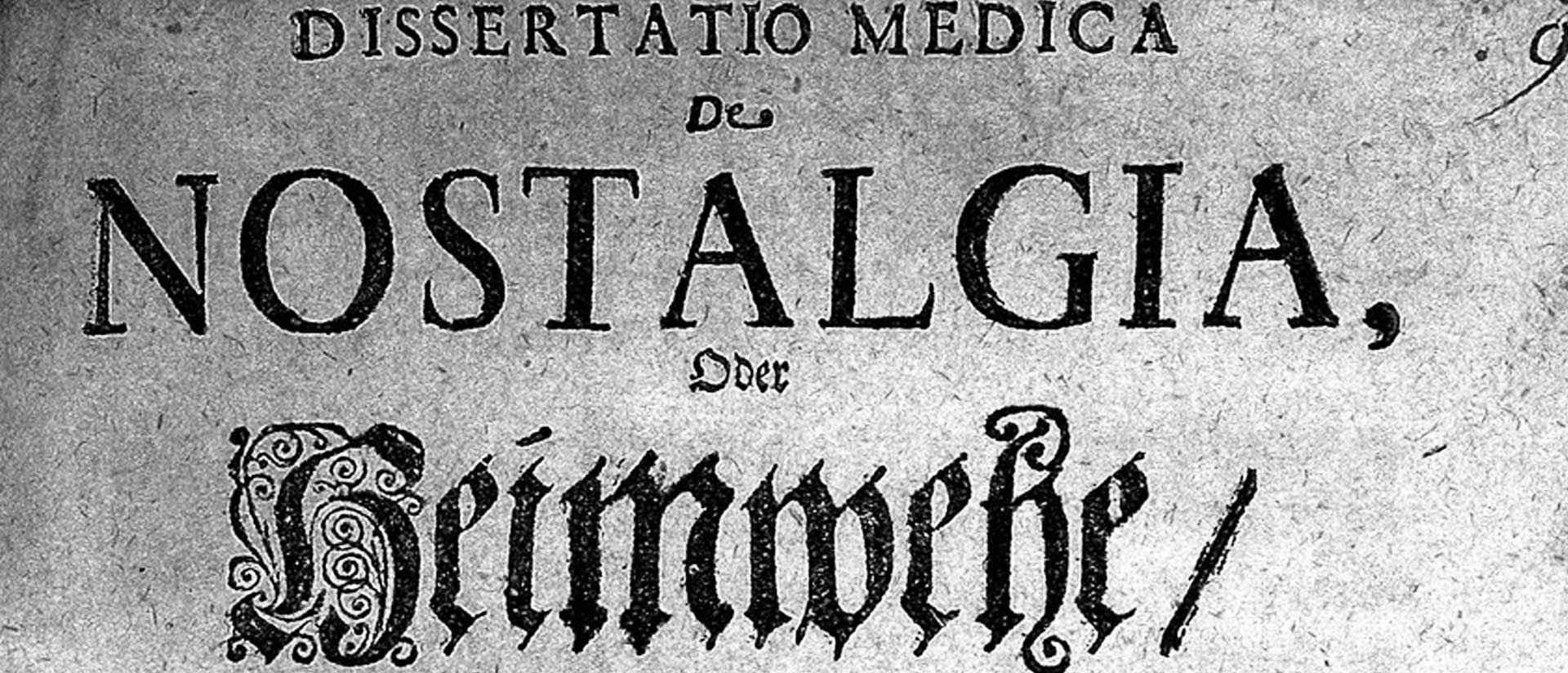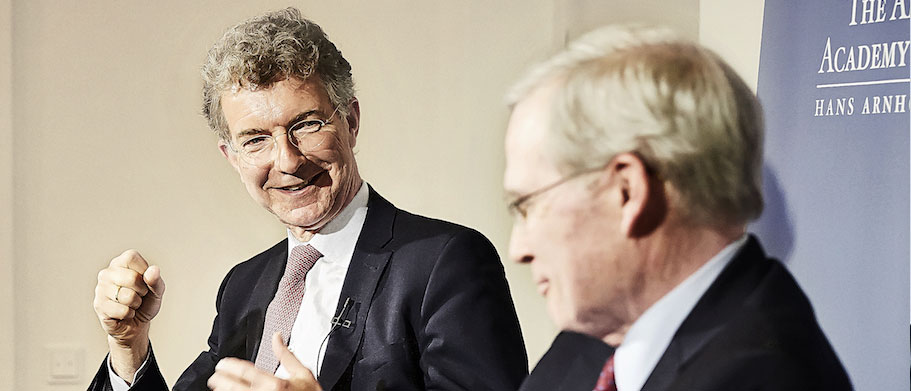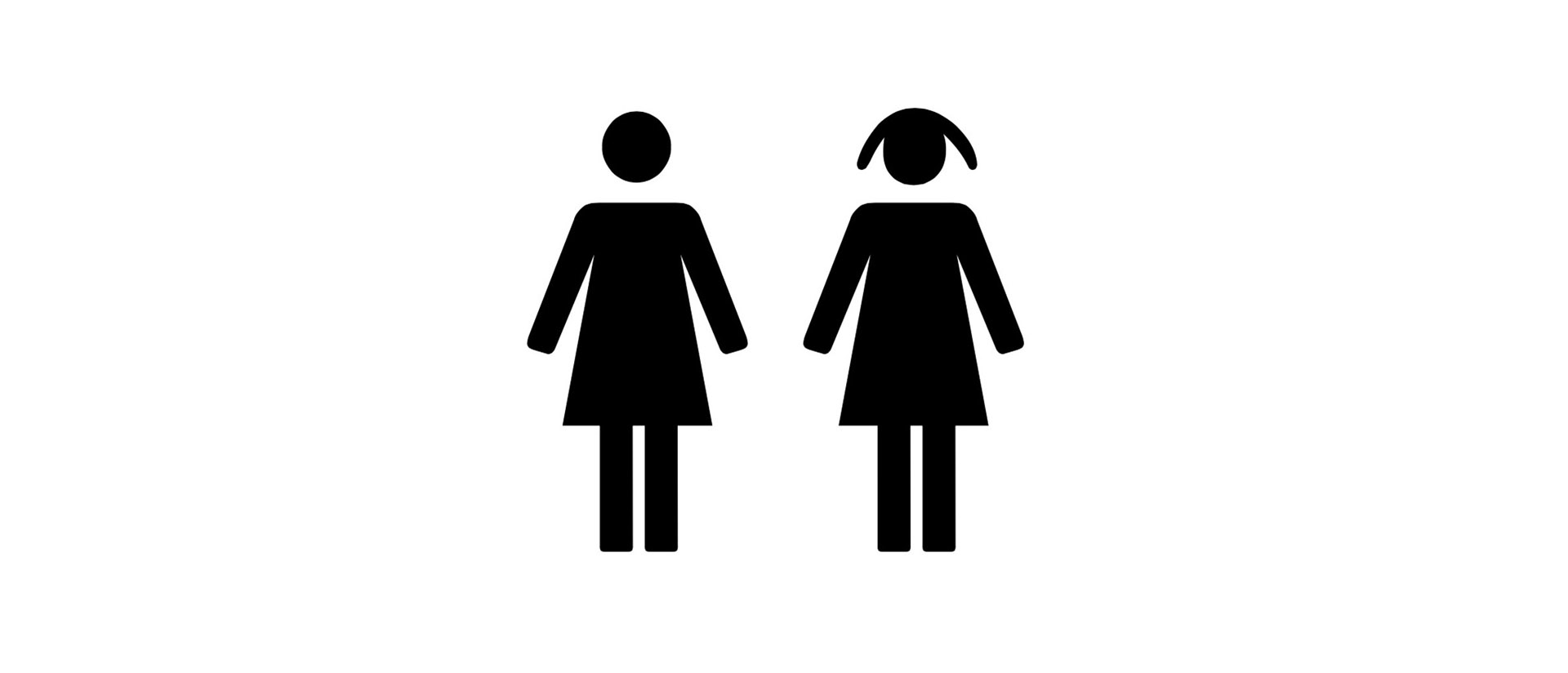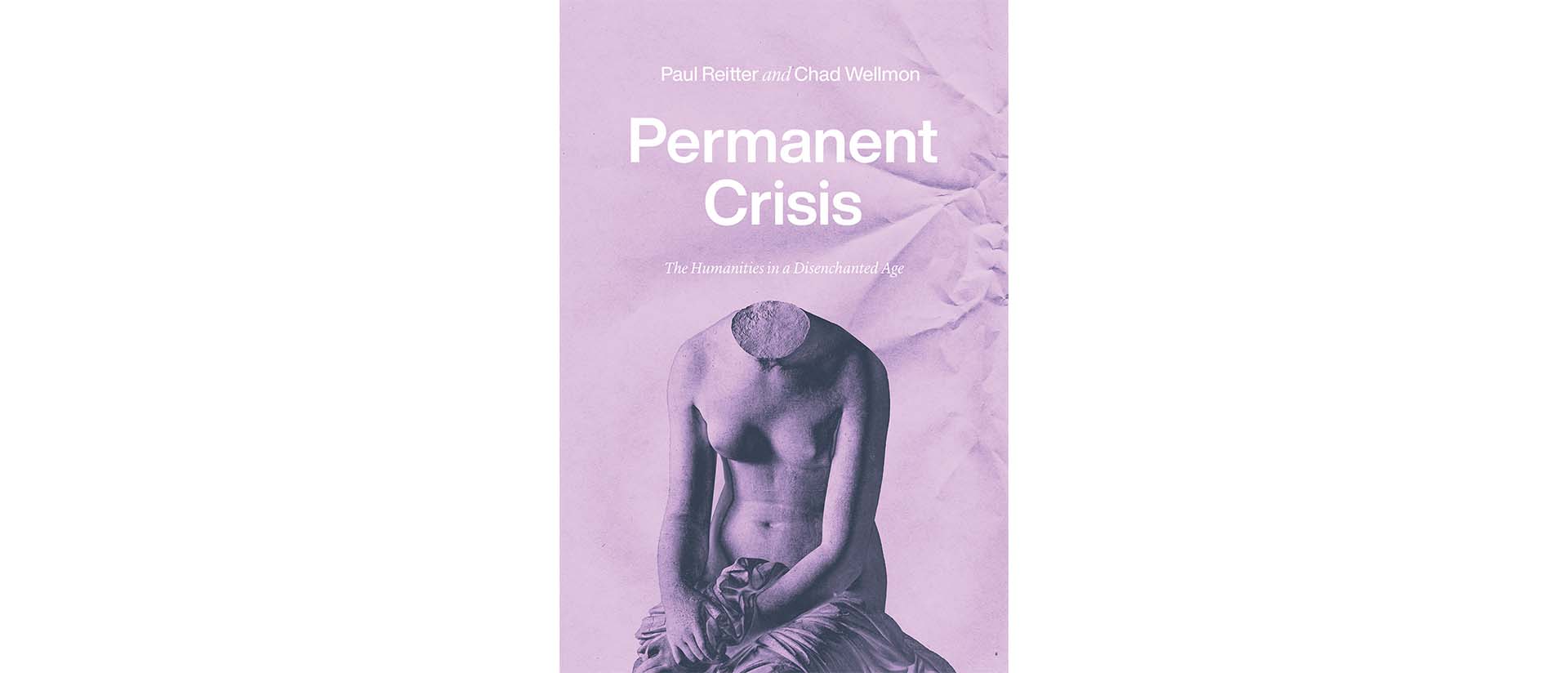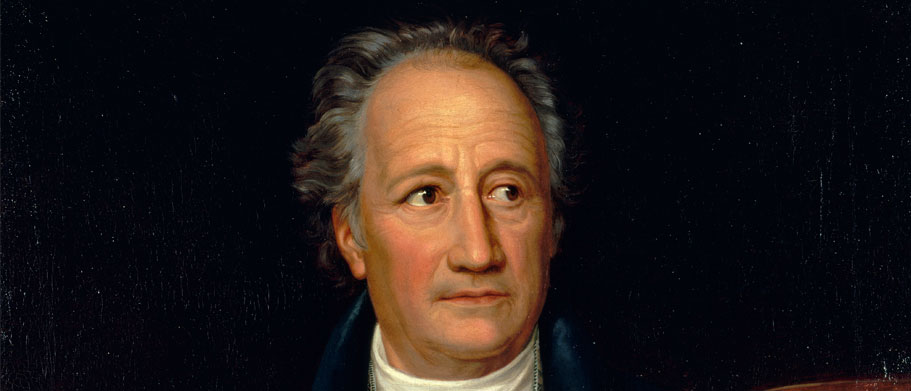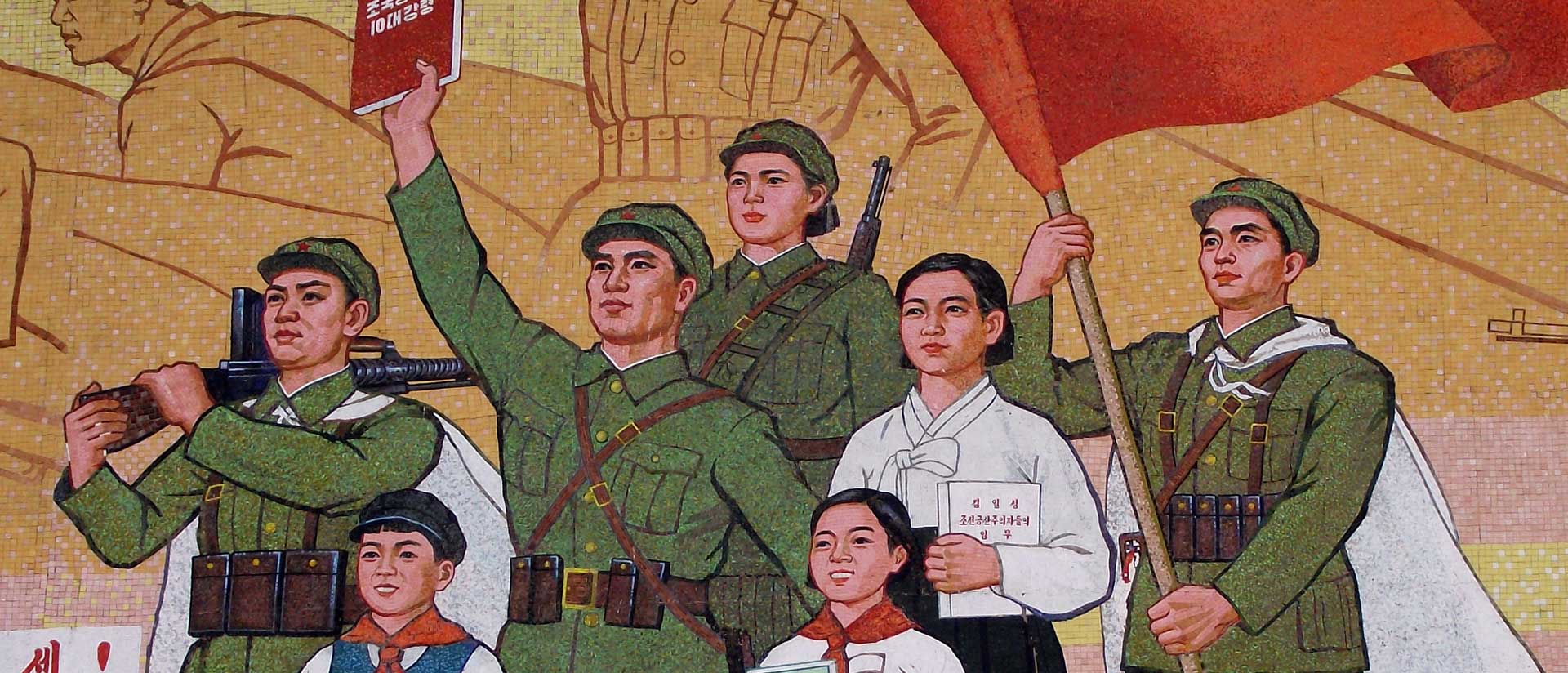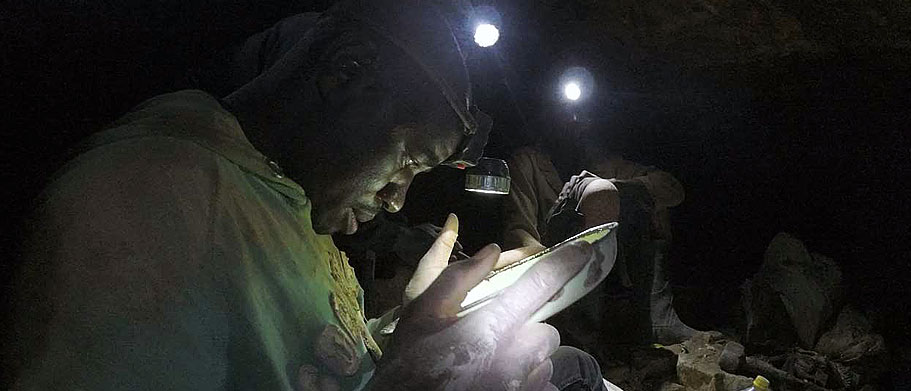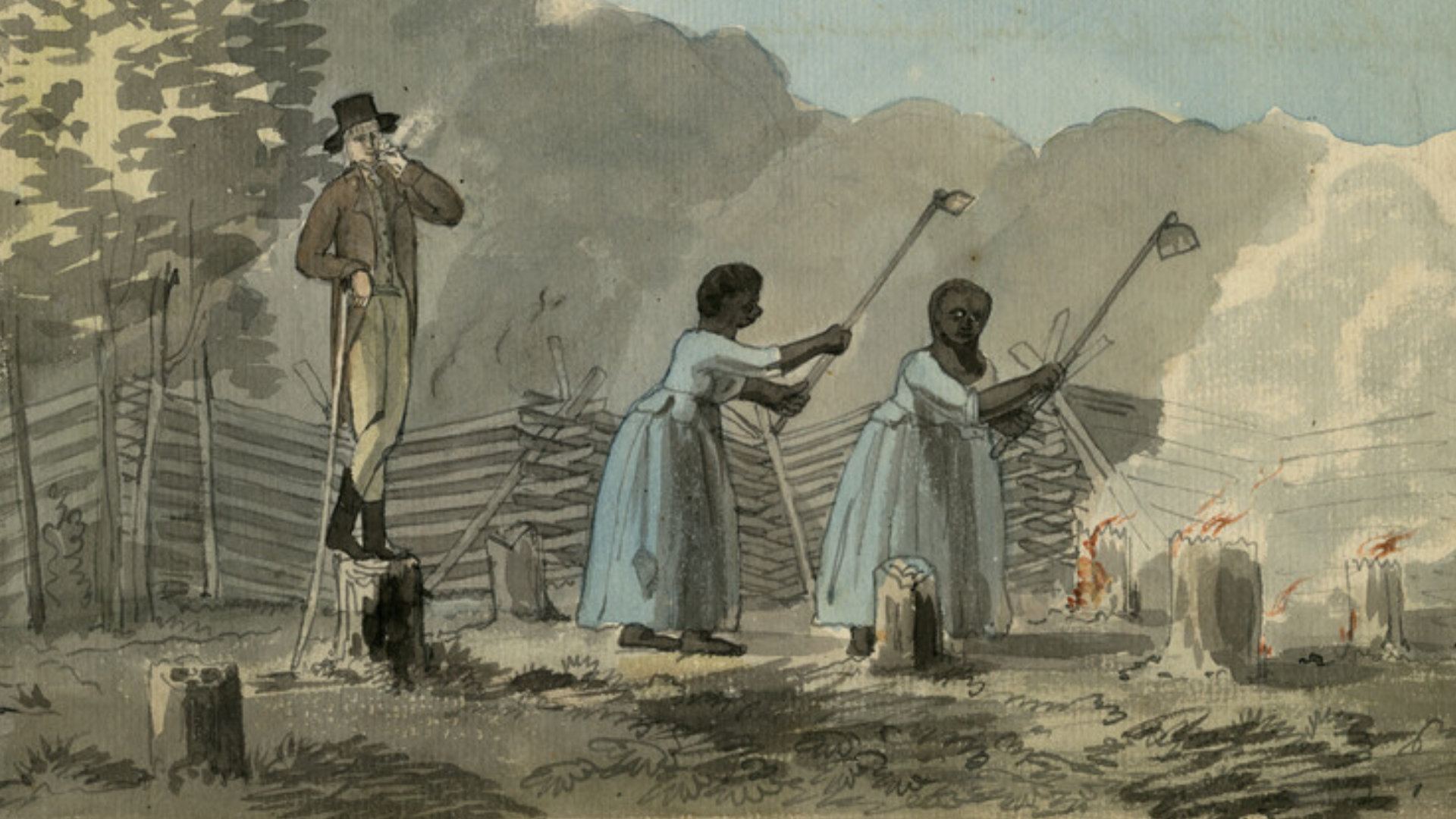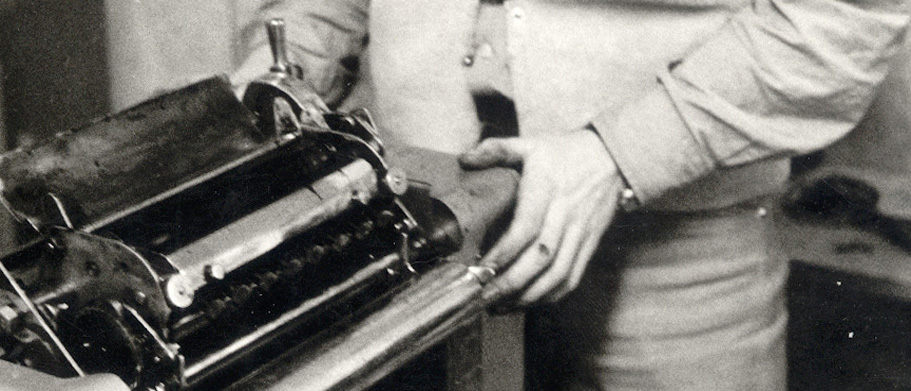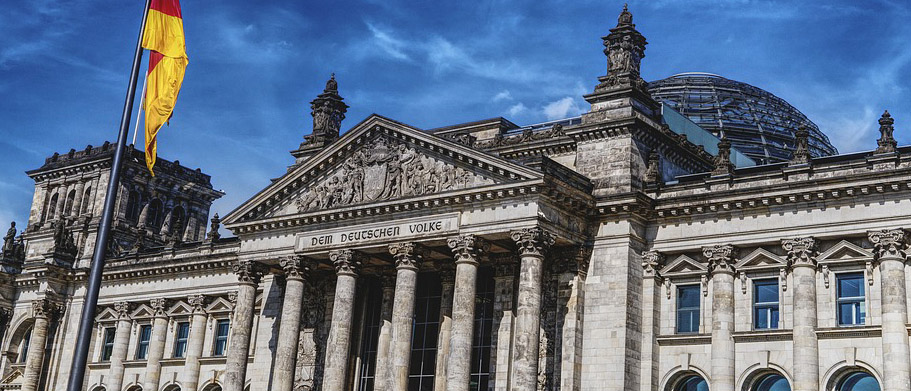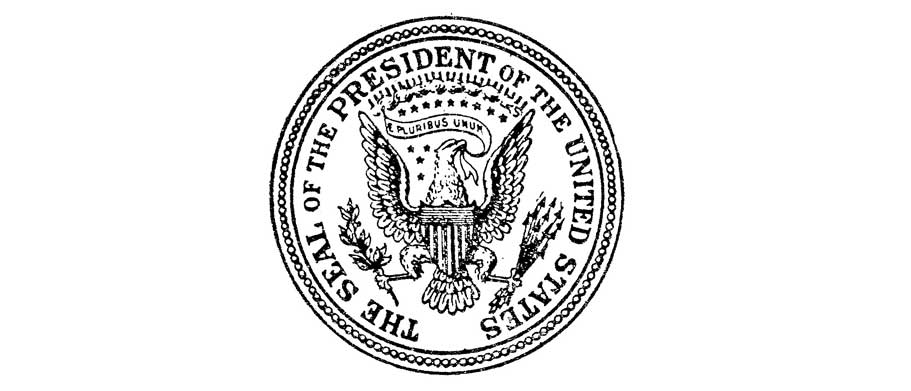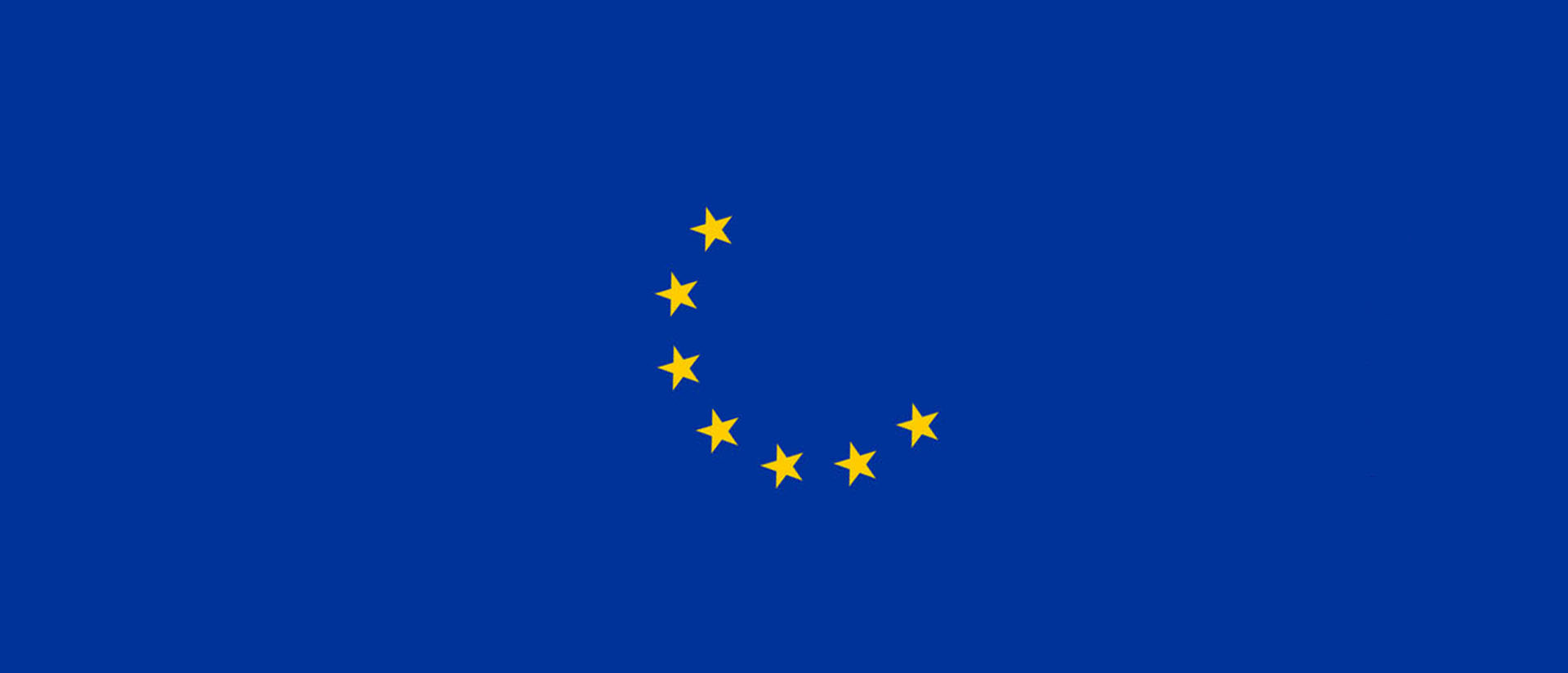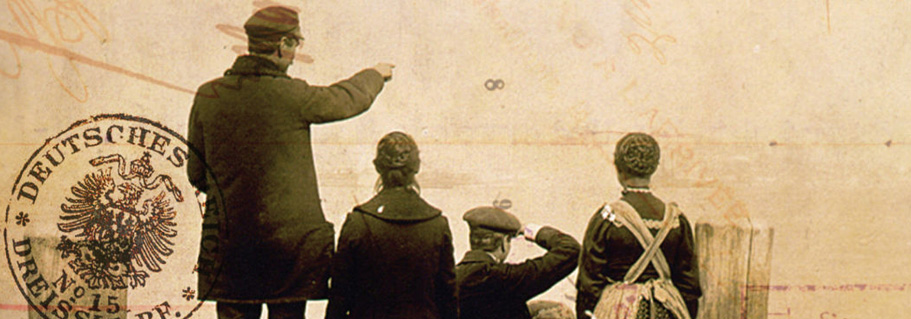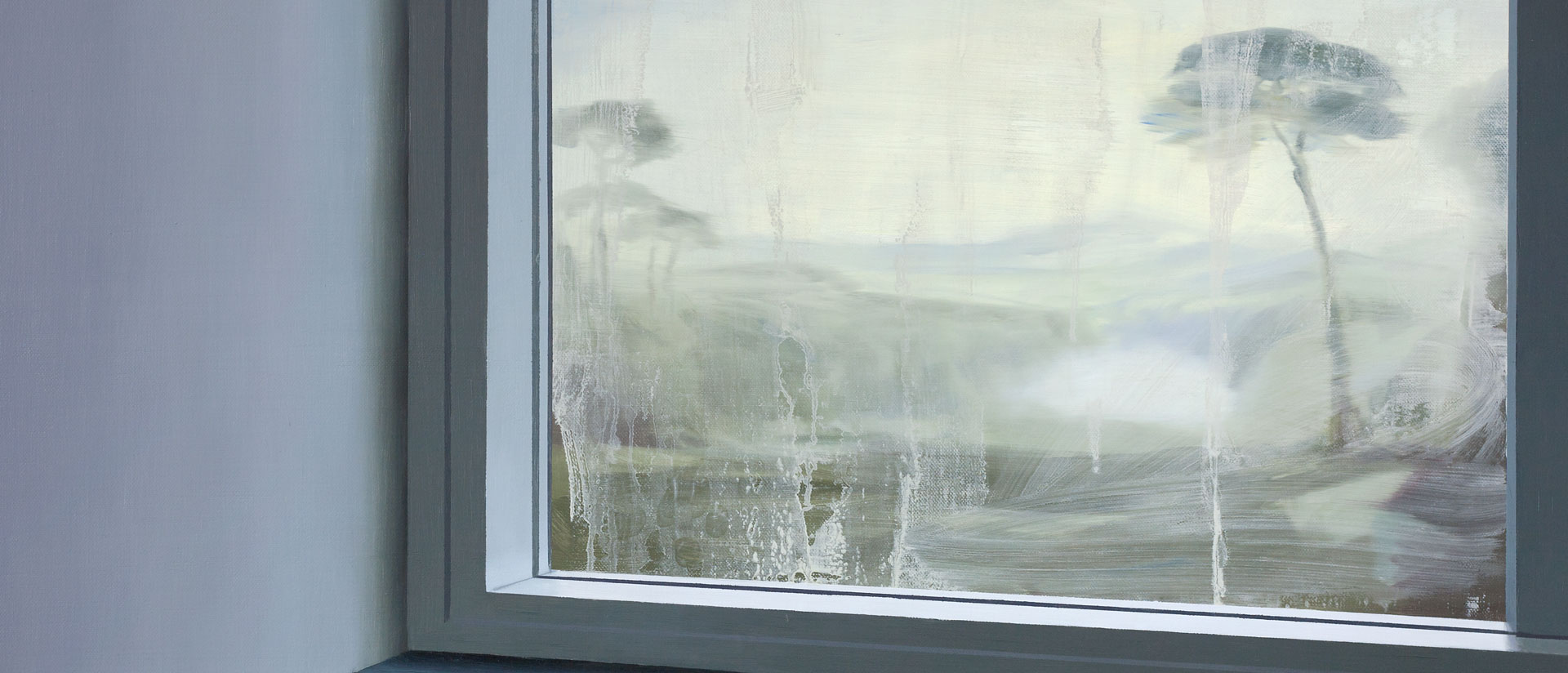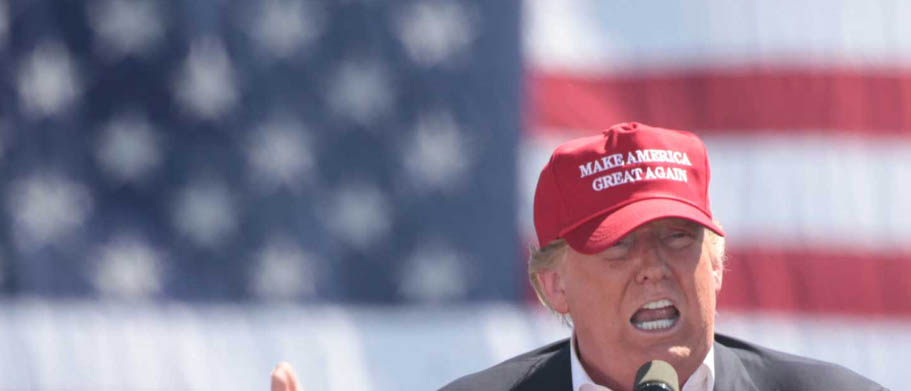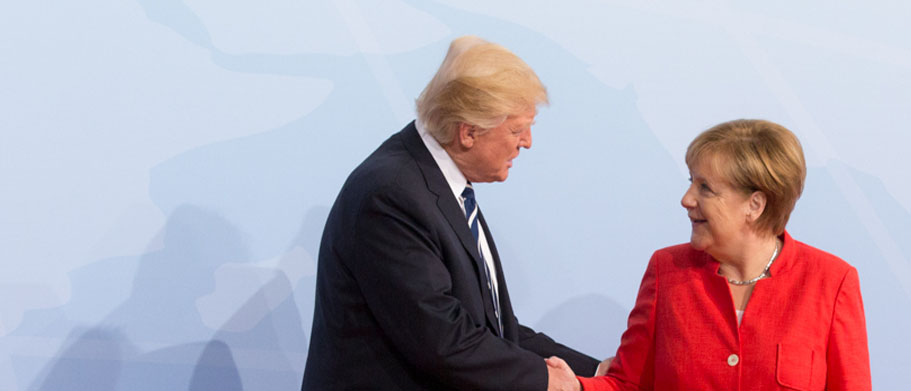
The Future of International Law in an Age of Trump
How stable is the post-WWII international liberal order?
By Karen J. Alter
The current international liberal order, built by the United States and Europe after WWII, is defined by a political commitment to multilateralism, human rights, and the rule of law. President Trump appears unwilling to fully embrace the first two values, and possibly the third as well. At my recent talk at the American Academy in Berlin, I asked: “Can the liberal international order survive if America turns its back on these values?”
This is not the first time we are asking this question. President Ronald Reagan did his best to undermine his predecessor’s human rights foreign policy, refused to sign the Law of the Seas Convention, withdrew from the International Court of Justice’s (ICJ) compulsory jurisdiction, refused to pay United Nations dues, and withdrew the United States from UNESCO. President George W. Bush unsigned the International Criminal Court’s Rome Statute, withdrew from different aspects of the ICJ’s compulsory jurisdiction, abrogated the US–Russian Anti-Ballistic Missile Treaty, initiated what many viewed as an illegal war against Iraq, and declared that the Geneva Conventions did not apply to the fight against al-Qaeda. These actions provoked criticisms and questions about the United States’ commitment to international law, but the international liberal order did not collapse.
But this time is different. The previous actions suggested that the US would be à la carte in selecting the agreements it would respect. Although Ronald Reagan refused to sign the Law of the Seas convention, he announced his intention to follow nearly all of the Treaty’s substantive provisions. And while Reagan rejected the ICJ’s involvement in the dispute with Nicaragua, his administration accepted the ICJ’s ruling in a territorial dispute with Canada.
President Trump’s statements and tweets suggest a lack of concern for international law altogether, and often for the American Constitution. Americans hoped that President Trump would grow into the office; indeed both Reagan and Bush became more multilateral in orientation the longer they were in office. The current US President, however, remains unmoved by appeals from Republican supporters and even his hand-picked advisors who openly worry that the United States’ international reputation and the world’s stability are in jeopardy. President Trump is also unmoved by the clear logic that refusing to certify Iran’s compliance with the nuclear agreement—by misrepresenting the fact that Iran is, in fact, complying—signals to the world that the United States will, at any time and for any reason, decide that another country is not following an international agreement, with the implication that the US will no longer be bound by that agreement. This is the opposite of the foundational international law principle of pacta sunt servanda—agreements should be kept.
The current US President … remains unmoved by appeals from Republican supporters and even his hand-picked advisors who openly worry that the United States’ international reputation and the world’s stability are in jeopardy.
President Trump may be right that, in negotiations, unpredictability confers an advantage. But international relations is a chessboard. There are rules about how pieces move: players never actually leave the game, and each move generates a counter-response. In this context, unpredictability means that no one can count on the United States for anything, so fewer will be willing to engage with the US.
Yet, as before, a retreat by the United States does not in itself mean the end of the international liberal order. I won’t argue that other American actors will step in. Cities, states, and firms can decide to respect the Paris Climate Agreement, but this will not save the international liberal order. My argument is different.
The political scientist John Ruggie famously noted that international political regimes fuse power and social purpose. Power can wane or become separated from the social purpose, as occurred when Britain became unwilling to support the global economy during the interwar period, giving rise to the Great Depression and WWII. But, Ruggie argues, so long as the social purpose remains, momentum can keep the extant order in place.
The future of the international liberal order, therefore, depends on countries’ and people’s commitment to its social purpose—to multilateralism, human rights, and the rule of law.
With respect to the first value—multilateralism (also known as the rules-based system) —America’s retreat will be China’s gain. President Jinping will benefit greatly by simultaneously promoting the legal rules it most values, such as the World Trade Organization’s Most Favored Nation trade provision, and being cast as a savior of the international order that the United States is recklessly destroying.
It is the other two values we need to worry about. Social purpose is the heart of any international order. If we abandon a commitment to human rights and the rule of law, the world will revert from a values-based international system—one that has worked to improve the rights of the weakest and most marginalized actors—back to a power-politics world, where might equals right.
Stated differently, the danger is not that the current US President fails to respect international law. We have seen this before. The real danger is that growing pockets of national and international society are starting to question why they should respect minority rights or the rule of law. It is this populism, not the President, that is the problem.
The real danger is that growing pockets of national and international society are starting to question why they should respect minority rights or the rule of law. It is this populism, not the President, that is the problem.
Trump’s closest advisors have figured out that trying to dissuade the Donald from a destructive course of action—one that undermines the very objectives he seeks—is pointless and even counterproductive. And, as historian Timothy Snyder has suggested, we also should not have a false faith that America’s or the world’s laws and institutions will save us. Neither persuasion nor our institutions will save us.
The future of the international liberal order resides with us. Our institutions will uphold the law if those on the front line—politicians, judges, international actors—can believe that people will turn out en masse to protect them. In this respect, the domestic and international rule of law are intertwined and co-dependent, rising and falling in legitimacy and effectiveness together. This reality should make all of us hopeful, worried, and vigilant.
Karen J. Alter, a Bosch Fellow in Public Policy at the American Academy in spring 2012 and guest lecturer in fall 2017, is a professor of political science and law at Northwestern University and a permanent visiting professor at the iCourts Center for Excellence at the University of Copenhagen Faculty of Law. She is author, most recently, of The New Terrain of International Law: Courts, Politics, Rights. The larger essay from which this article is drawn is available here.
An edited version of this article first ran in German in Der Tagesspiegel on November 8, 2017.
Photo: US president Donald J. Trump and German chancellor Angela Merkel, July 7, 2017, at the G-20 in Hamburg, Germany. Official White House Photo by Shealah Craighead. Source: Wikipedia


